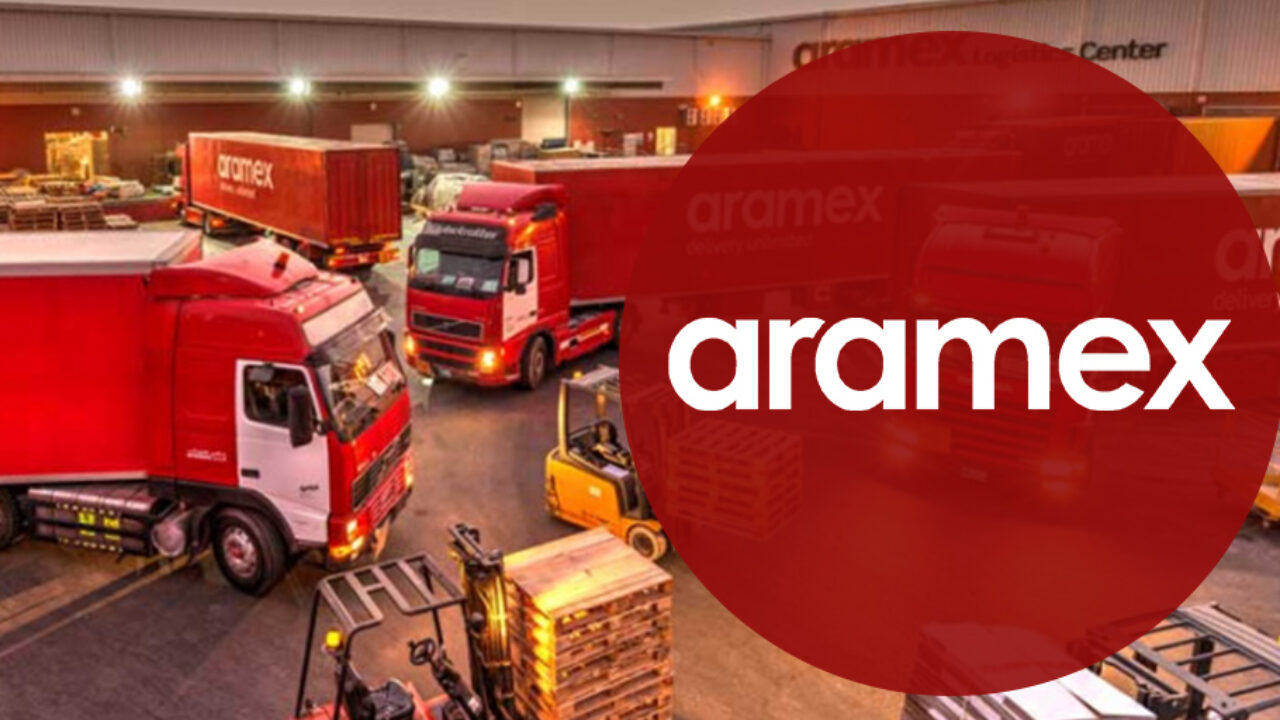Entrepreneurs
Aramex: A Logistics Innovator that Put the Middle East on the Global Map

Aramex, an Emirati multinational logistics and courier services provider is a true example of the success of entrepreneurship in the Middle East. Founded in 1982 by Fadi Ghandour and Bill Kingson, the company started its journey in Amman, Jordan, towards building a courier service in the region. It was quite ambitious and bold, to say the least, since it attempted to establish a courier company in the Middle East when the region was generally more characterized by political instability and other associated logistical challenges than benefits that it would bring. Despite these odds, Aramex was successful and made history as the first company coming out of the Arab region listed on NASDAQ stock exchange in 1997. Today, it stands as one of the logistics leaders, with its headquarters situated in Dubai, UAE, employing around 18,000 people across 70 countries.
Fadi Ghandour teamed up with his father’s friend, Bill Kingson, and formed a company in New York after he completed his BA in political science at George Washington University. They saw that there was an enormous opportunity for the kind of logistics company that they had in mind to fill the gap in the Middle Eastern market because of the immense political and bureaucratic complexities that characterized international courier services in that region. They ran the business as Arab American Express, which they soon changed to Aramex. The story of growth of Aramex is itself a sensational one. In 1984, the company’s revenues had touched just below USD 1 million, and in 1997, Aramex became the first Arab-based company to trade its shares on an American stock exchange—NASDAQ. Valued at USD 24 million in the IPO, they raised a whopping USD 7 million. This was also a pioneering time both for Aramex and the broader Middle Eastern entrepreneurial ecosystem, as it proved that companies out of the region could also keep pace and succeed in global contexts.
During the early 2000s, Aramex had quite aggressive expansion with a focus on high-growth markets in the Middle East and Southeast Asia. By 2001, the company had built operations in 120 locations across 33 countries. In 2002, Abraaj Capital, a private equity firm, bought a majority share in Aramex through a leveraged buyout in order to enable Kingson and Airborne Express to step down; Ghandour held on to 25% of the shares. It went public for the second time on the Dubai Financial Market in 2005, raising USD 270 million in its initial public offering and setting up for future growth.
Aramex has always been successful due to good partnerships. It landed Federal Express (FedEx) as one of its biggest customers during its early years through the 1980s. Once DHL acquired Airborne Express in 2003, Aramex joined Global Distribution Alliance (GDA), an association of 40 express companies, with revenues more than USD 7.5 billion. GDA helped to make a ground presence for Aramex worldwide and also supported it in defending the position in the international market. Other critical reasons that have immensely contributed towards growth are the acquisition strategies. It has acquired South Africa’s Berco Express, Australian-based Mail Call Couriers, and New Zealand-based Fastway Couriers. Each one helped increase Aramex’s market footprint as it was able to make deliveries to different geographies.
Innovation has been at the center of Aramex’s growth. In 2012, Aramex launched REDe, a solution designed to aid companies in the transition to online selling by increasing the support to logistics for the e-commerce sector. Additionally, Aramex partnered with PayPal as it needed to reach new markets, thus proving that it meant business about employing technological know-how to spur the organization’s growth. Furthermore, the launch of its Aramex Bio medical courier in 2014 further helped extend the logistics player into niche-logistics sectors such as health care. Such innovations have not only diversified the services provided by Aramex but have also mirrored its ability to adapt and be forward-thinking in such a rapidly changing environment for logistics.
Aramex has also made some big moves toward sustainability. In 2006, it became the first company in the region to publish an annual sustainability report under the slogan: “Commitment to Corporate Social Responsibility”. In 2007, Aramex joined the United Nations Global Compact, aligning business practices with the principles of responsible business practice. As a compliment to these endeavours, Aramex has also invested its time into community development through Ruwwad Al Tanmeya, which focuses on the empowerment of youths and community development through education and civic engagement.
Othman Aljeda is now the CEO of Aramex, making it sustainably take place in a competitive market. This year 2021, GeoPost, a subsidiary company of French Groupe La Poste acquired a 20.15% stake in Aramex to show that they do well believe in the company’s scope for the future, international collaboration, and also to gain an international foothold. Such an investment will be of great service in enabling Aramex to tread its way more strongly into other important zones, especially Europe.
